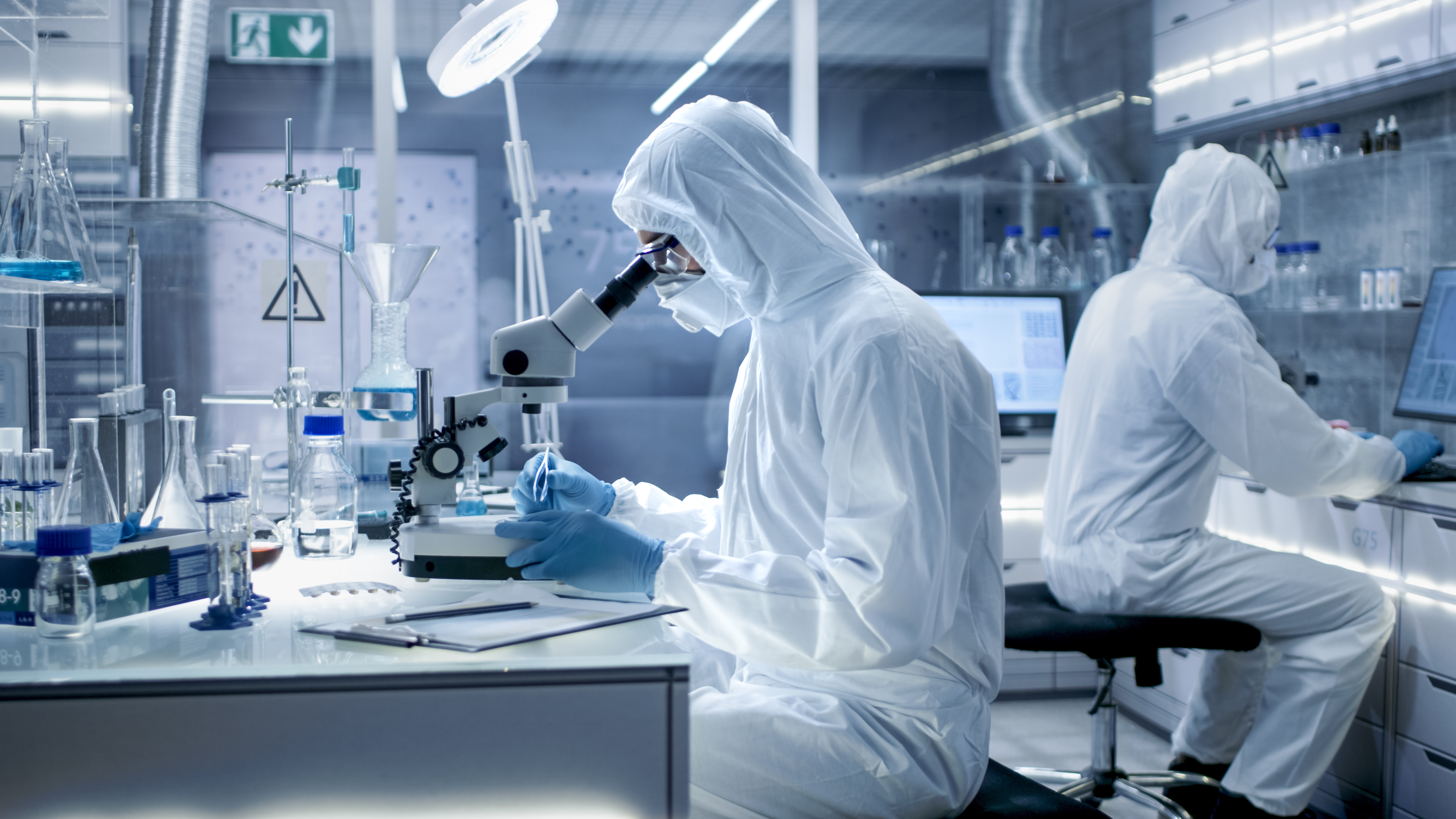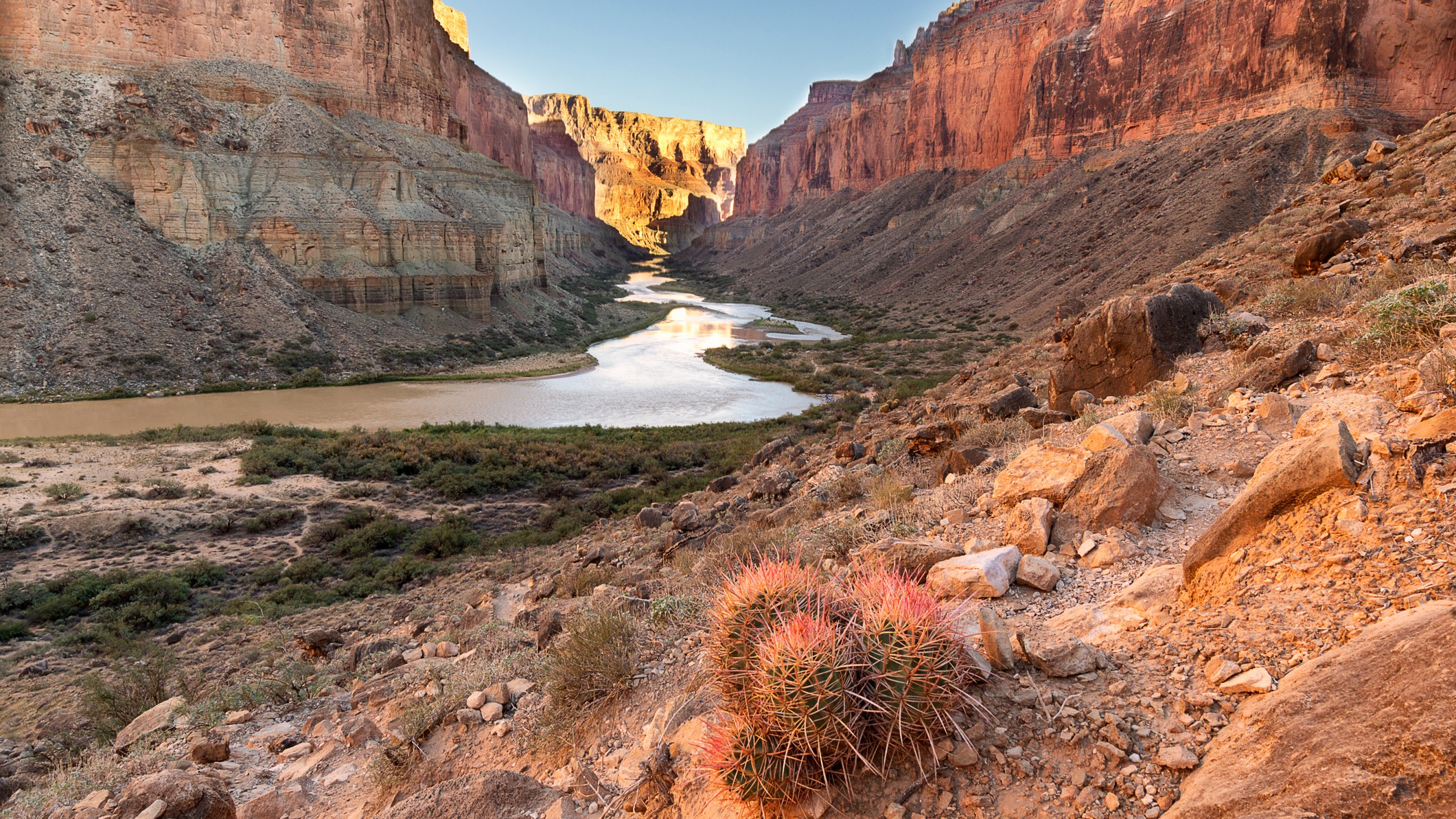Coronavirus vaccine developed in the UK could be ready by fall, if it works
It worked in monkeys. Now they are testing the vaccine in humans.

Scientists at Oxford University have begun clinical trials of a coronavirus vaccine that has shown promise in rhesus monkeys, according to news reports.
If the vaccine can effectively protect humans against the novel coronavirus, known as SARS-CoV-2, the first doses could potentially be administered by the autumn, according to a blog post on the official trial's web page.
The vaccine is made up of a weakened version of a common cold virus called an adenovirus that causes infections in chimpanzees. But the virus has been genetically altered to make it "impossible" for the virus to grow in humans, according to a statement. Then, they combined the weakened adenovirus with genes that code for the coronavirus "spike" protein that SARS-CoV-2 uses to infect human cells.
Related: 13 coronavirus myths busted by science
In theory, the vaccine will train the body to recognize and develop an immune response to the spike protein, thereby preventing SARS-CoV-2 virus from entering human cells, according to the statement.
Similar vaccines — made from the same backbone, the weakened version of the chimpanzee adenovirus — have been given to more than 320 people to date and have been shown to "be safe and well tolerated," aside from temporary side effects such as fever, headache and a sore arm, according to the statement.
The trials began on April 23, and up to 1,102 healthy participants will eventually be recruited in Oxford, Southampton, London and Bristol to take part. Half of the participants will receive the novel vaccine; most of those people will receive one dose of the vaccine, but 10 of those people will receive a second dose a month later. The other half of the participants will receive a "control" vaccine — already approved and given routinely to teenagers since 2015 — which protects against meningitis and sepsis.
Get the world’s most fascinating discoveries delivered straight to your inbox.
The reason the researchers decided to use this control vaccine and not just a saltwater solution is so that participants won't be able to guess whether they received the actual vaccine. The researchers expect the novel coronavirus vaccine to cause temporary side effects such as sore arm, headache and fever, side effects that are also expected from the control vaccine but that wouldn't be expected from a saltwater solution.
The trial will last up to six months, with an optional visit one year after vaccination. "The best-case scenario is that by the autumn of 2020, we could have an efficacy result from the phase III trial to show that the vaccine protects against the virus, alongside the ability to manufacture large amounts of the vaccine; but these best-case time frames are highly ambitious and subject to change," the researchers wrote in the blog post.
Of course, it's too early to tell whether or not the vaccine will work, but it has shown promise in rhesus monkeys, according to The New York Times. Researchers gave the vaccine to six rhesus macaque monkeys at the National Institutes of Health's Rocky Mountain Laboratory in Montana. Researchers then exposed them to high amounts of the coronavirus, according to the Times. More than 28 days later, all six monkeys were healthy.
Another vaccine, this one made from an inactivated form of the coronavirus, has also shown promise in monkeys in China, according to a previous Live Science report. Researchers in China are now testing that vaccine on humans in clinical trials. More than 70 other vaccines are under development worldwide, according to the World Health Organization.
- 28 devastating infectious diseases
- 11 (sometimes) deadly diseases that hopped across species
- The 12 deadliest viruses on Earth
Originally published on Live Science.
OFFER: Save 45% on 'How It Works' 'All About Space' and 'All About History'!
For a limited time, you can take out a digital subscription to any of our best-selling science magazines for just $2.38 per month, or 45% off the standard price for the first three months.

Yasemin is a staff writer at Live Science, covering health, neuroscience and biology. Her work has appeared in Scientific American, Science and the San Jose Mercury News. She has a bachelor's degree in biomedical engineering from the University of Connecticut and a graduate certificate in science communication from the University of California, Santa Cruz.

